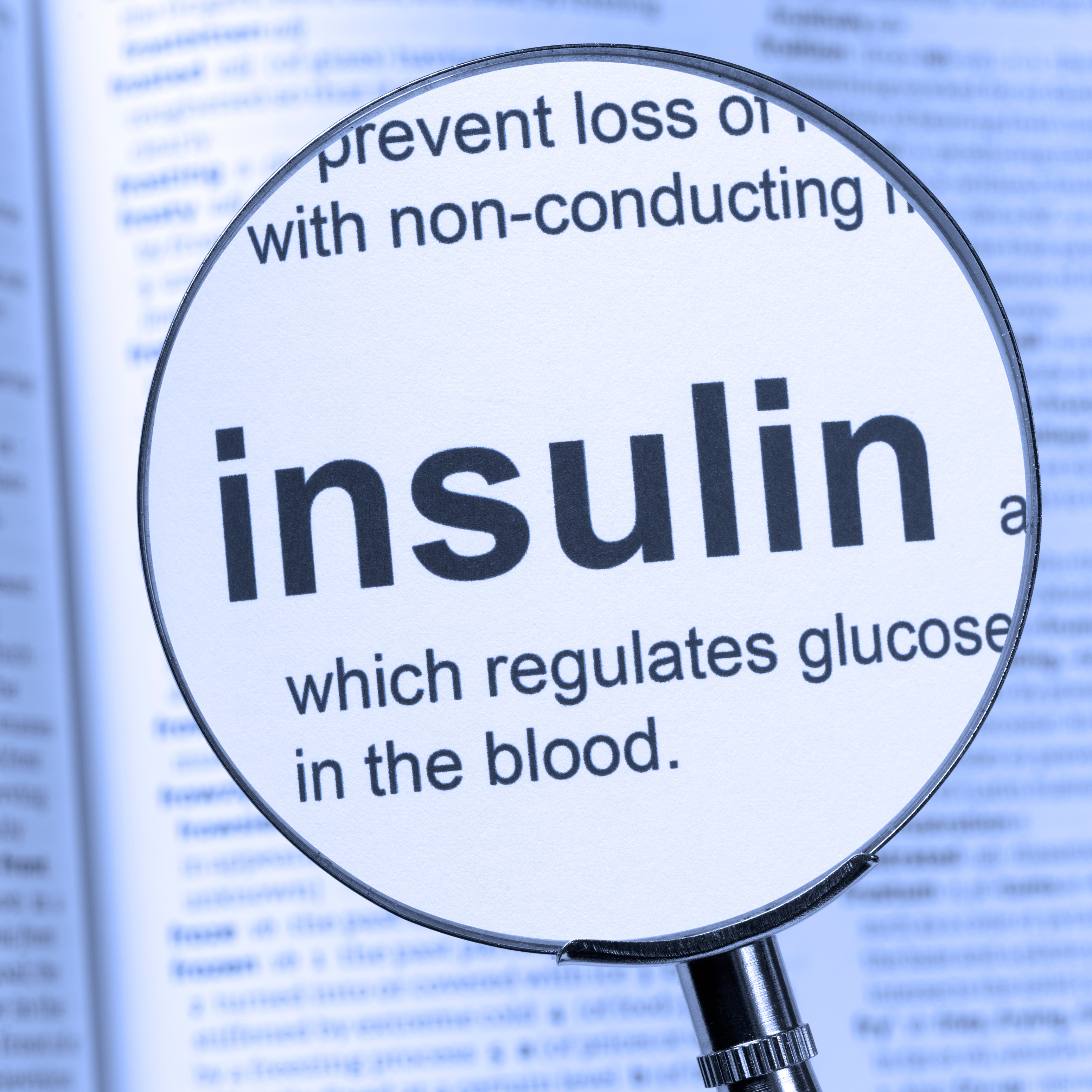
Is Insulin Resistance Sabotaging Your Health Journey?
Have you been feeling unusually tired, struggling with weight fluctuations, or battling relentless cravings? You might be overlooking a silent health disruptor: insulin resistance.
Understanding Insulin Resistance
Insulin resistance occurs when your body's cells no longer respond effectively to insulin, the hormone responsible for managing blood sugar levels. Ideally, insulin helps your cells absorb glucose for energy, but resistance means your cells become less responsive. As a result, your pancreas compensates by producing more insulin, leading to hyperinsulinaemia and a cascade of metabolic disruptions. Although insulin resistance can affect any tissue that has insulin receptors, it most commonly impacts your liver, muscles, and adipose (fat) tissues.
Recognising the Symptoms of Insulin Resistance
Detecting insulin resistance early is crucial. Symptoms manifest in several ways:

Blood Tests:
-
Elevated fasting blood glucose levels
-
High fasting insulin
-
Increased triglycerides
-
Reduced HDL ("good") cholesterol levels
Physical Signs:
-
Excess abdominal fat
-
Skin tags
-
Darkened skin patches (acanthosis nigricans)
Subjective Feelings:
-
Fatigue and lethargy
-
Brain fog and difficulty concentrating
-
Constant hunger and cravings, particularly for carbohydrates
At Synergised, we offer comprehensive functional testing that goes beyond standard blood tests to pinpoint insulin resistance and any inflammation in your body accurately. Our personalised one-to-one consultations empower you with a tailored diet and lifestyle plan to manage and reverse insulin resistance effectively.
What Happens if Insulin Resistance Goes Untreated?
Ignoring insulin resistance can lead to severe health consequences. Chronically high insulin levels pave the way for conditions like metabolic dysfunction-associated fatty liver disease (MAFLD), a precursor to liver complications. Additionally, insulin resistance significantly increases your risk for developing type 2 diabetes, characterised by persistently high blood sugar levels and further complications including nerve, kidney, and eye damage.
Beyond diabetes, hormonal imbalances such as polycystic ovary syndrome (PCOS) in women, chronic inflammation, and metabolic syndrome, which is a cluster of conditions that increase the risk of heart disease, stroke, and vascular issues, are also closely linked to untreated insulin resistance.
Breakfast Foods That Spike Insulin Resistance
Breakfast sets the tone for your metabolic health throughout the day. Certain foods, though common, can significantly exacerbate insulin resistance:

-
Cereal: Often highly processed and laden with sugars, cereals spike blood glucose dramatically.
-
Toast with Jam: Refined carbohydrates combined with sugar lead to rapid glucose surges.
-
Oatmeal: Even though perceived as healthy, oatmeal can sharply increase insulin due to its high carbohydrate content.
-
Acai Bowls: Typically contain large amounts of sugars, especially from toppings like granola and fruits.
-
Coffee with Sugar: Adding sugar drastically impacts blood glucose levels and insulin production.
-
Pastries: High in refined carbs, sugars, and unhealthy fats, pastries heavily tax your insulin response.
For delicious, healthy alternatives rich in proteins and healthy fats that keep your blood sugar balanced and insulin levels stable, explore the Synergised app. It provides numerous high-protein breakfast recipes designed specifically for metabolic health.
Natural Strategies to Reverse Insulin Resistance
Reversing insulin resistance naturally involves simple yet powerful lifestyle changes:
-
Dietary Adjustments:
-
Embrace healthy fats and proteins such as fatty meats, eggs, and fish.
-
Include plenty of non-starchy vegetables like leafy greens, broccoli, and cauliflower, which are high in fibre and nutrients but low in carbohydrates.
-
Eliminate or drastically reduce sugars and refined carbohydrates to prevent insulin spikes.
-
Physical Activity:
-
Engage in strength training regularly to build muscle mass, enhancing insulin sensitivity.
-
Incorporate daily walking or other aerobic activities to naturally lower blood sugar and insulin levels.
-
Sleep and Stress Management:
-
Quality sleep is essential; poor sleep patterns increase insulin resistance.
-
Stress reduction through meditation or mindfulness significantly improves insulin sensitivity. The Synergised app features a variety of calming, stress-relieving meditations available offline, perfect for maintaining mindfulness and stress management at any time.
-
Hydration: Adequate hydration supports overall metabolism and cellular function, playing a subtle yet significant role in managing insulin resistance.
Final Thoughts
Insulin resistance is not a life sentence; it's a wake-up call. With the right tools, lifestyle modifications, and expert guidance, you can regain control of your health. Synergised is here to support every step of your holistic wellness journey, helping you reverse insulin resistance naturally and sustainably.
Book a personalised one-to-one consultation with our expert practitioners today, and start your journey towards balanced blood sugar and lasting health transformation.

Follow Our Instagram For Exclusive Content





 د.إ / AED
د.إ / AED



Leave a comment